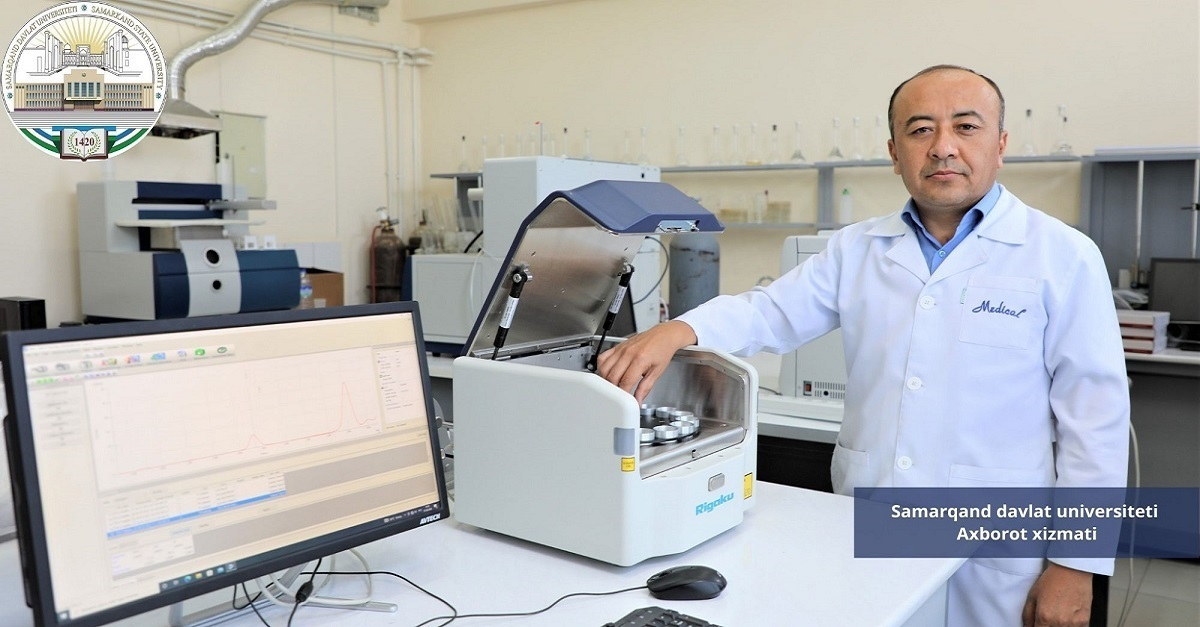World experience in teaching chemistry

Chemistry has its place in the natural sciences, and teaching this science also requires special responsibility. In my specialty, I had a chance to visit the chemical faculties of higher educational institutions in Germany, France, the USA, China and get acquainted with the teaching of chemistry. Below I would like to share my thoughts about teaching chemistry in these states.
One of the most dynamically developing countries in the world is China. One of the leading universities in China is Siam University. The most important aspects of teaching chemistry at this university can be called:
The main foreign undergraduate textbooks have been translated into Chinese and are used with maximum efficiency;
for natural and technical areas after bachelor's degree, knowledge of English is strictly required for a 2-year master's course (at least 10,000 words);
it is possible to transfer immediately to a bachelor's degree without studying in a master's degree, the term of study is 4 years;
taking exams by students is considered very serious, and they often prepare in classrooms until 23:59 on campus;
One of the leading universities in Germany is the University of Leipzig. It also has a feature of teaching chemistry, and they are as follows:
starting with the bachelor's degree, the most basic foreign textbooks published in English will be effectively used;
there is a strict requirement for the assessment of students' knowledge, i.e. to get an excellent grade, a student must show a result above 90%;
the students' knowledge is tested based on the number of keywords. That is, in order to get a high result, it is necessary to use a maximum of keywords in the answer to the exam;
the weight of theoretical classes in teaching chemistry is much greater than practical and laboratory classes;
the university tries to conduct classes in English, which have the highest rating.
Another country in Europe is Lille – France: the main aspects of teaching chemistry at the University of Science and Technology can be considered:
the most basic foreign undergraduate textbooks have been translated into French and are used most effectively (because they compete with English from history);
when assessing students' knowledge, the emphasis is on the student's free thinking, and to get an excellent grade, it is enough to show a result above 75%;
when teaching chemistry, along with theoretical training, much attention is paid to laboratory work.
During my time at Texas A&M University in the United States, I witnessed the following important aspects of chemistry teaching:
An online platform such as BlackboardTM, ConnectTM, is widely used for teaching students, and their knowledge is also evaluated directly on the internet;
before each control (intermediate and final) lesson, students are given at least 1 hour to repeat the topics covered. That is, each subject syllabus is given time for 3 repeated lessons;
Fundamental chemistry (inorganic Chemistry, analytical Chemistry, organic Chemistry and Physical Chemistry) is taught by at least 2 professors, and students choose the one they like.
As a general trend in the above-mentioned universities, it would be advisable to use at the University of Uzbekistan:
when translating, proven textbooks on fundamental chemistry (inorganic chemistry, analytical chemistry, organic chemistry, physical chemistry) should be used. Examples of specific textbooks include: Atkins and Shriver's Inorganic Chemistry or Housecroft's Inorganic Chemistry; Skoog's Fundamentals of Analytical Chemistry or Christian's Analytical Chemistry; physical Chemistry from Atkins' Physical Chemistry or Ball's Physical Chemistry; and Clyden's Organic Chemistry or Klein's Organic Chemistry textbooks on organic chemistry.
For students, the elective subject should be chosen by the student, not the department. For example, a student assigned to a department should not count all the subjects selected by the department. Even if a student is attached to one faculty, he/she can also get credit for a course offered by another faculty. In addition, the name of one optional subject should be separate for each faculty. However, if the elective of the same name is of practical importance, if it is offered by all faculties, the student will choose the best one, and as a result, the quality can increase due to healthy competition.
repetition lessons should also be included in the curriculum as a topic and used effectively before intermediate and final control;
Khurshid Toshpulatov,
Associate Professor of Samarkand State University,
Candidate of Chemical Sciences

